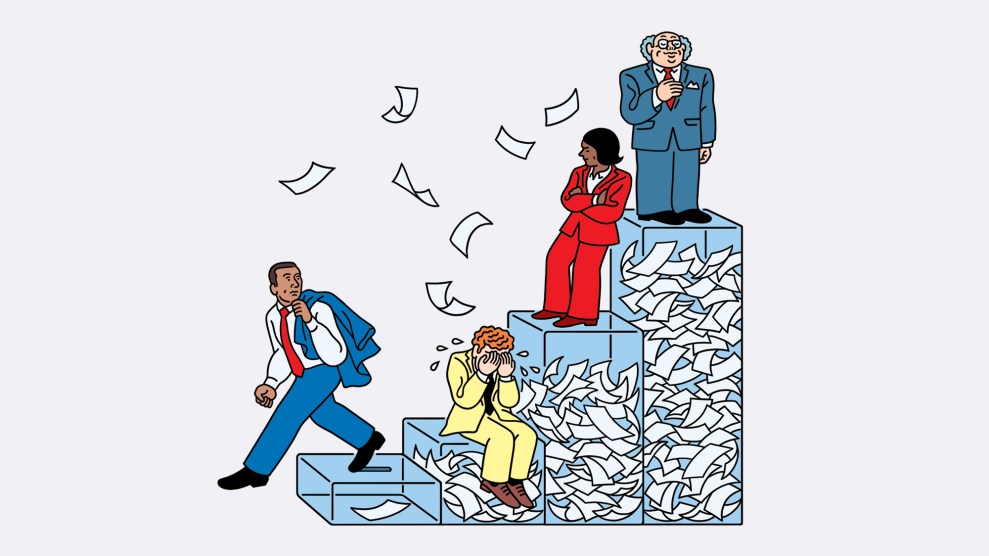While we get dumber and dumber (God knows we couldn’t get much fatter), the rest of the world is doubling down on education. Our own President knows that our children “isn’t” learning which is cool with him and his ilk, because the children of the rich are and somebody’s got to make the fries. The three R’s receive a lot less attention here, than the one big R: religion. Intelligent design, abstinence only; seems we’re more fired up about having, or not having, those things in our schools than having academic standards which are challenging and geared toward future success. That’s how Japan sees education (and that’s how they opened that can of econmic whoop ass on us, post-war); now that their international rankings have dipped, they’re inclined to get all innovative and actually work harder. Fascinated with India’s burgeoning economy, teachers and schools from that country are turning away students in Japan. From the New York Times:
Last month, a national cry of alarm greeted the announcement by the Organization for Economic Cooperation and Development that in a survey of math skills, Japan had fallen from first place in 2000 to 10th place, behind Taiwan, Hong Kong and South Korea. From second in science in 2000, Japan dropped to sixth place….
While China has stirred more concern here as a political and economic challenger, India has emerged as the country to beat in a more benign rivalry over education. …India’s success in software development, Internet businesses and knowledge-intensive industries in which Japan has failed to make inroads has set off more than a tinge of envy.
Most annoying for many Japanese is that the aspects of Indian education they now praise are similar to those that once made Japan famous for its work ethic and discipline: learning more at an earlier age, an emphasis on memorization and cramming, and a focus on the basics, particularly in math and science.
India’s more demanding education standards are apparent at the Little Angels Kindergarten, and are its main selling point. Its 2-year-old pupils are taught to count to 20, 3-year-olds are introduced to computers, and 5-year-olds learn to multiply, solve math word problems and write one-page essays in English, tasks most Japanese schools do not teach until at least second grade.
And we never teach to far too many of our citizens. Imagine, your American five year old writing one-page essays in English (let alone in Japanese). Now, imagine what’s likely going on in your kids’ class room right now, unless you’re very, very lucky. I found myself aghast one day when my pre-schooler cam home singing a classroom song composed entirely of fast food joint names that his school had taught him and graded him on. He’s in an excellent public charter now, not least because of the dumbing down of our public schools. His school is challenging and loving and constantly checking itself for best practices to absorb from elsewhere. Sorta like Japan.















